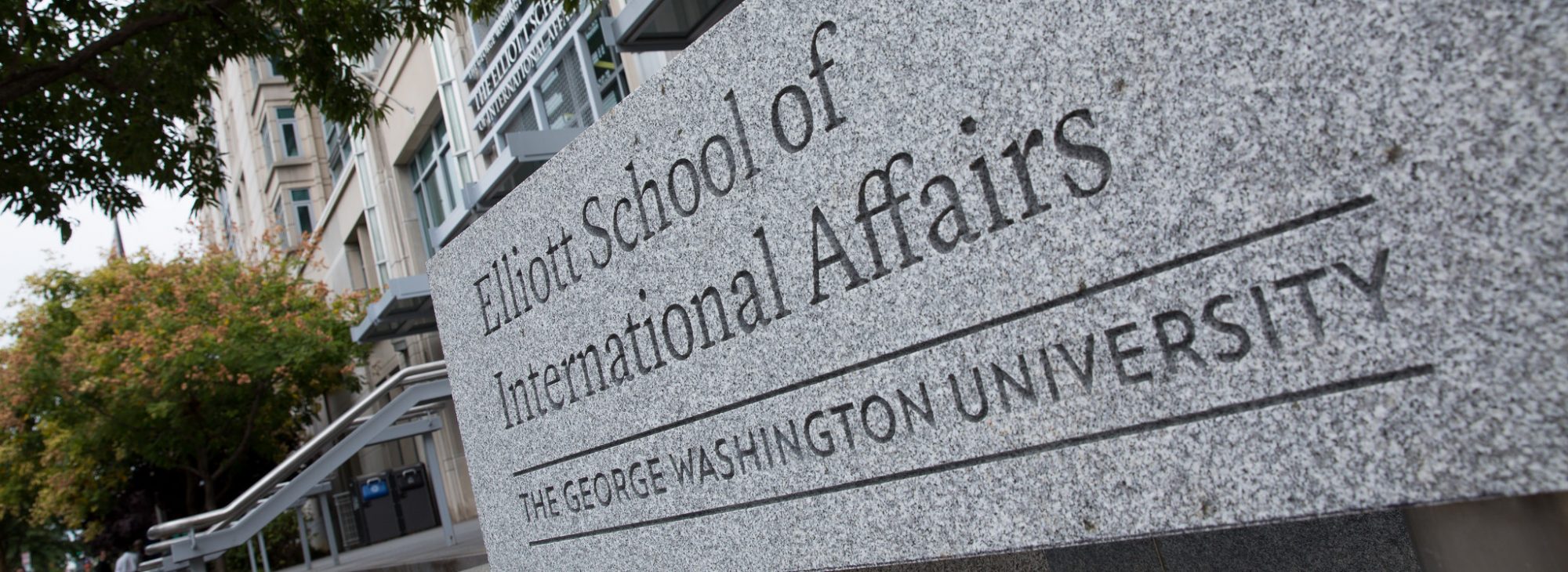The ECRSE Civil Society Team organizes the Civil Society Policy Forum (CSPF) during the International Monetary Fund (IMF) and World Bank Group (WBG) Annual Meetings. This event provides an open space for Civil Society Organizations (CSOs) to dialogue and exchange views with World Bank Group and IMF staff, their peers, government delegations, and other stakeholders on a wide range of topics.
The 2019 Annual Meetings Civil Society Policy Forum (CSPF) will take place in Washington DC from Tuesday, October 15 to Friday October 18. The program includes an orientation session on the WBG and IMF; a roundtable discussion with WBG Executive Directors; a town hall with the World Bank President; and CSO-organized policy dialogue sessions that reflect the diversity of CSO policy concerns.
We are seeking volunteers to help us manage this edition of the CSPF. Ideally, we would like volunteers who are available for the four days, but would also appreciate volunteers who could commit to specific time frames during one of the days of the event. Volunteers will be tasked with taking notes/minutes during the CSO-led sessions, helping to set-up and monitor sessions, ensuring the distribution of the participants list, professionally interacting with CSOs to channel any questions or concerns to the team, and handling any logistical issues that may come up during the sessions.
This is a unique career development opportunity to be directly involved with an activity that is at the heart of the Annual Meetings and to see the World Bank's engagement with Civil Society in action. Please note, this is a volunteer opportunity and is unpaid. Potential volunteers should be based in Washington, DC.
If you are interested, please send an email with a short expression of interest and resume to Caitlin Berczik (cberczik@worldbankgroup.org)




